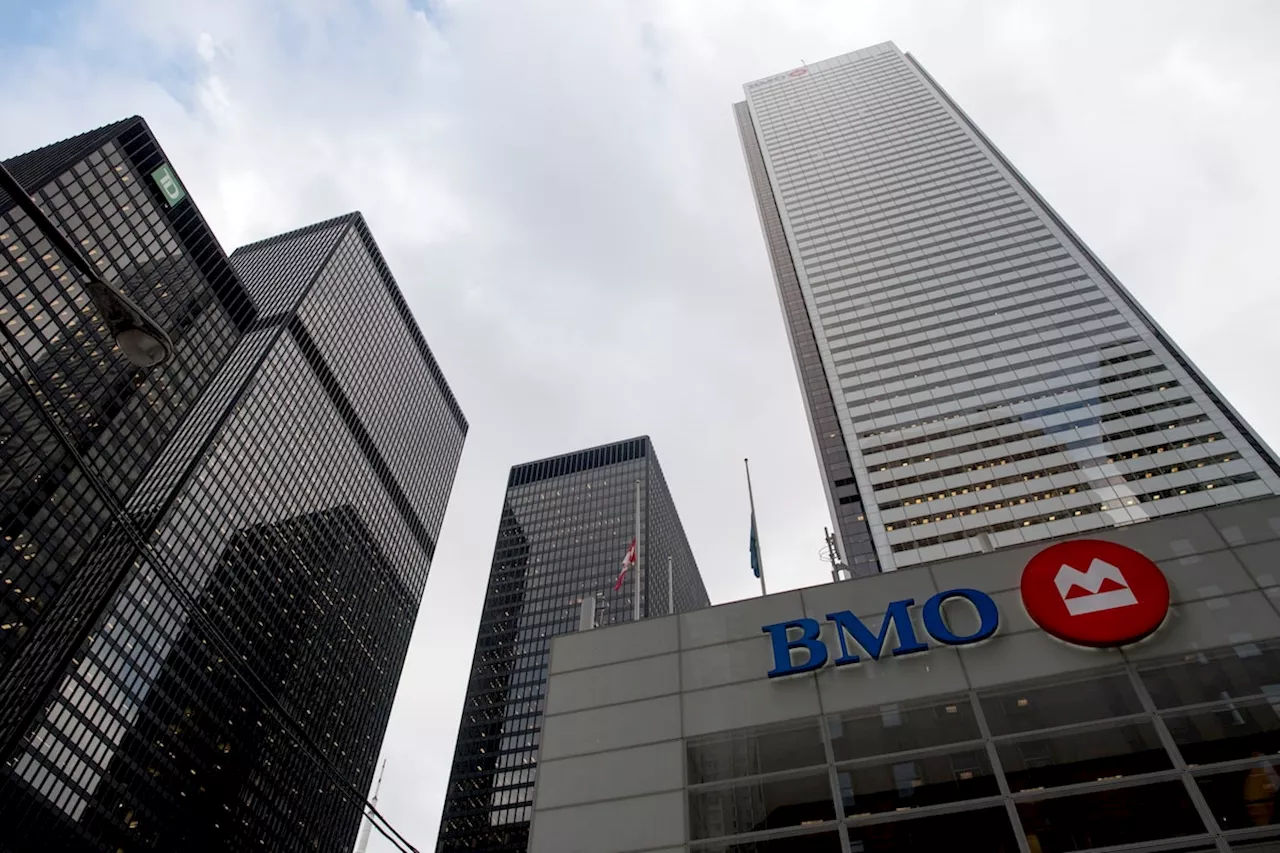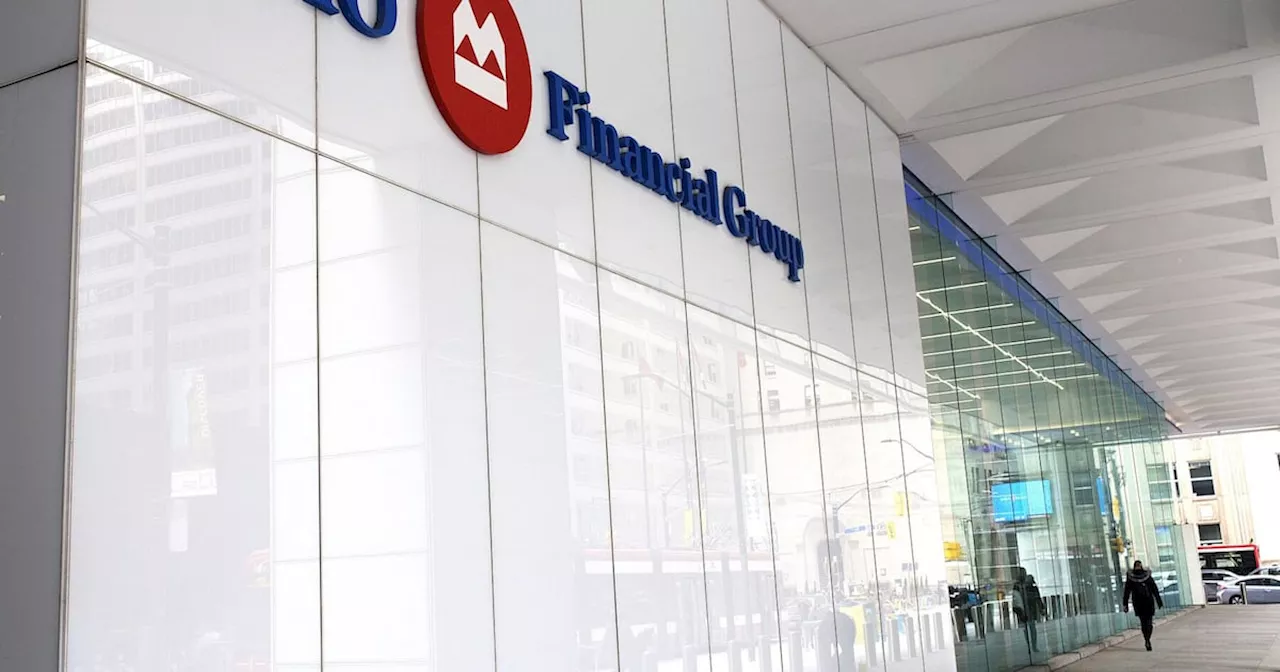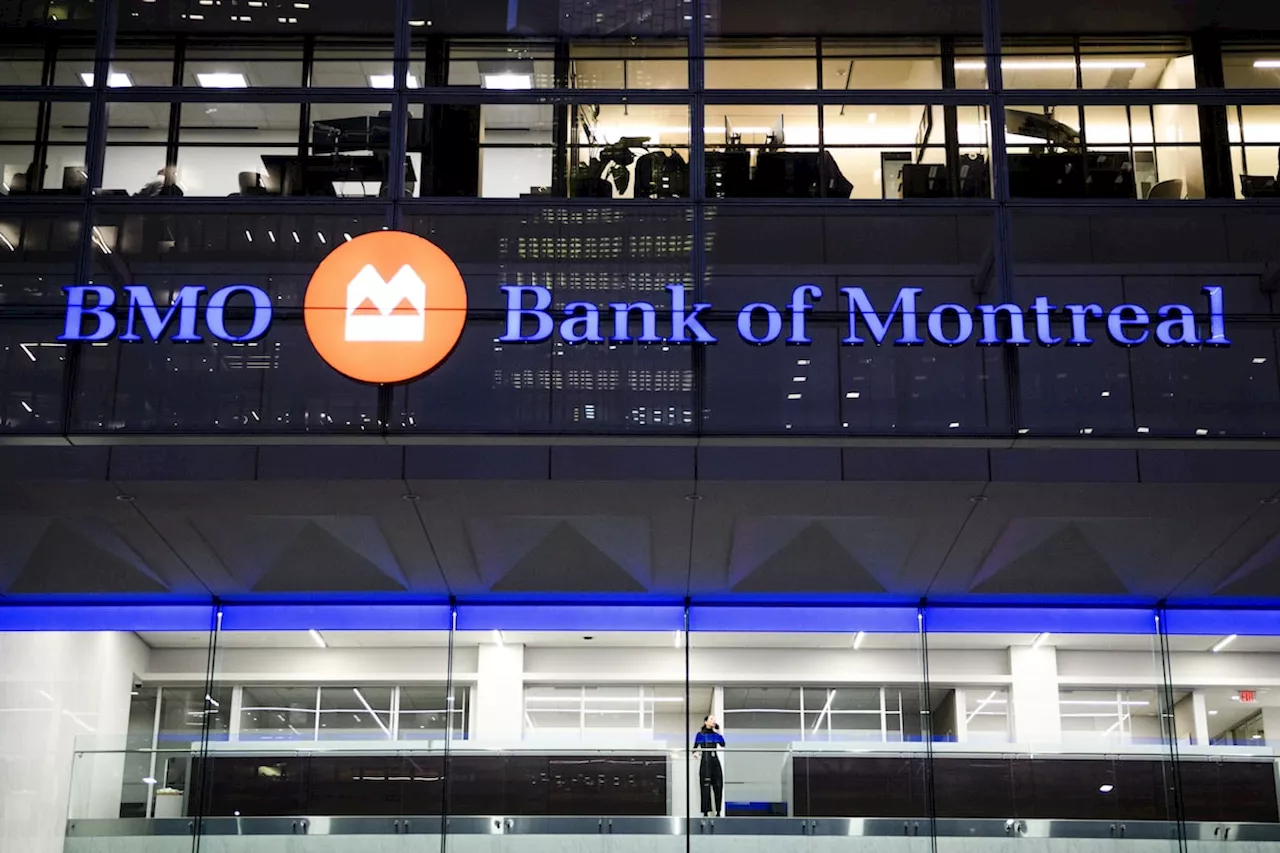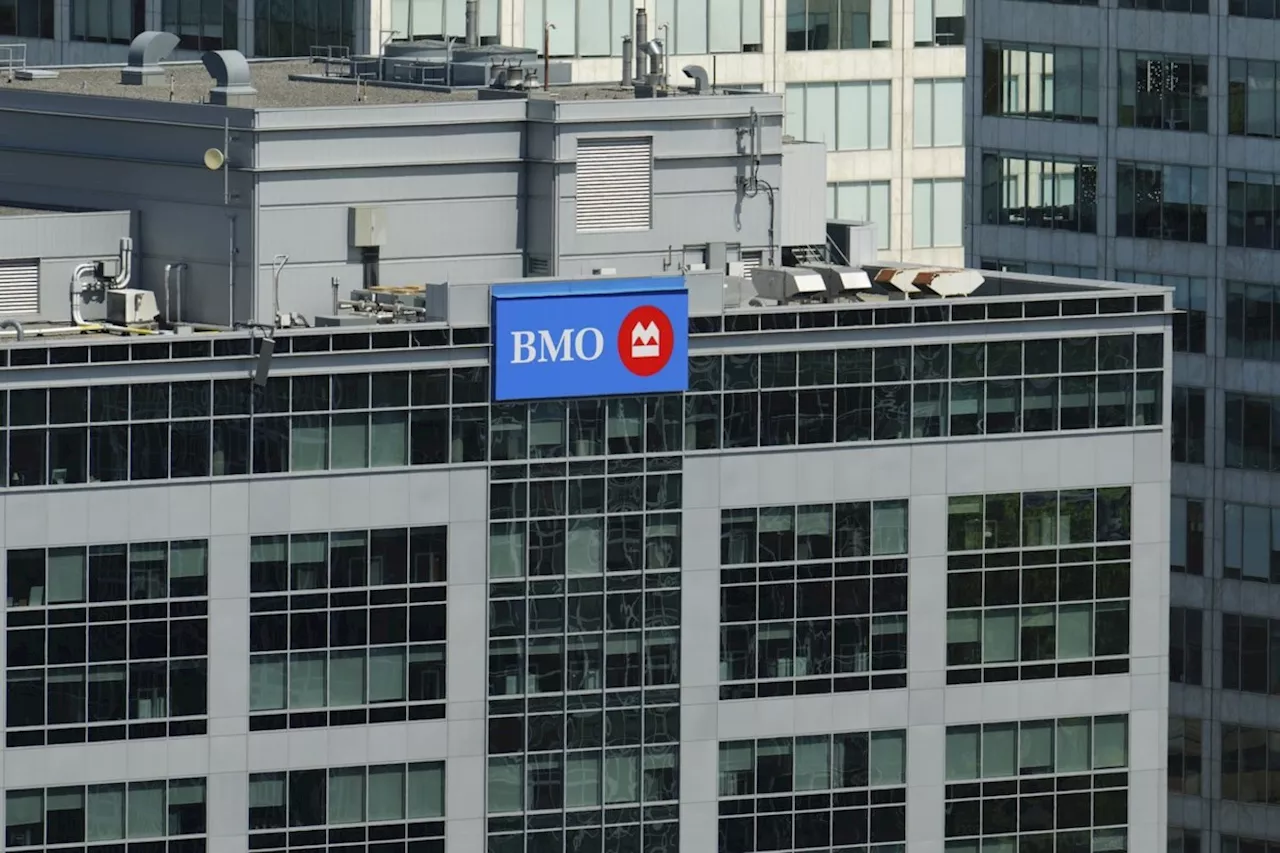BMO has agreed to pay over US$40 million to settle charges brought by the U.S. Securities and Exchange Commission (SEC) related to alleged supervision failures in bond selling. The SEC claims BMO employees used misleading metrics when selling residential mortgage-backed bonds, potentially distorting how the collateral was reported.
The U.S. Sec urities and Exchange Commission says BMO has agreed to pay more than US$40 million to settle charges related to the bank's alleged supervision failure in bond selling. The regulator said Monday the apparent lack of oversight allowed employees in the BMO Capital Markets division to allegedly sell residential mortgage-backed bonds using misleading metrics.
According to the SEC order, adding a small amount of higher-interest paying mortgages to the backing pool would distort how the collateral was reported by third-party data providers. It says adding just US$1,000 worth of higher-interest paying mortgages to millions of dollars of lower-paying mortgages would make it seem like the bond was backed by a large amount of the more attractive, higher interest rate mortgages. The SEC alleges BMO sold US$3 billion worth of bonds with such a structure between December 2020 and May 2023, without proper guidance to employees concerning the structure and sale of the bonds. It says BMO also didn't have a process to review what kind of information representatives shared with customers about the bonds. 'It is critical that firms have supervisory processes that are customized to their business units,' said Sanjay Wadhwa, acting director of the SEC’s division of enforcement, in a statement. While BMO agreed to pay US$19.4 million in disgorgement, US$2.2 million in interest and a US$19-million civil penalty, it did not admit or deny the SEC's findings. BMO spokesman Jeff Roman said the bank is pleased to have the matter behind it. 'We hold ourselves to the highest standards of fair and ethical conduct, and continuously review and enhance our controls and supervisory framework,' he said in a statement. The penalty is the latest example of U.S. regulators levelling substantial fines against Canadian banks, with the most notable being the more than US$3 billion that TD Bank Group paid last year for anti-money laundering oversight failures. The U.S. Consumer Financial Protection Bureau also fined TD US$28 million last year for allegedly providing inaccurate, negative credit information to credit agencies. RBC's City National division also got hit with a US$65-million fine last year by the U.S. Office of the Comptroller of the Currency, related to alleged systemic deficiencies in the bank’s risk management and internal controls. Canadian banks have also been swept up in the billions of dollars in fines regulators imposed last year over failures to keep communications records, often because of the use of third-party messaging platforms like WhatsApp. The size of the fines against Canadian banks in the U.S. has also drawn attention to the limited fines Canadian regulators are able to impose. Where the U.S. was able to charge US$500,000 per day for the years TD failed to properly oversee its anti-money laundering program, Canadian regulators are only able to charge $500,000 total per violation. The federal government proposed in the fall economic statement to boost anti-money laundering fines to either $20 million per violation or three per cent of annual worldwide gross revenue, whichever is higher. For TD, which reported $57.2 billion in revenue last year, three per cent would be $1.72 billion. It's unclear what the future of the proposed fine increases is given the political turmoil in Ottawa.
Canada Latest News, Canada Headlines
Similar News:You can also read news stories similar to this one that we have collected from other news sources.
 Niagara Health to Pay $20 Million in Decades-Old Pay Equity AgreementNiagara Health reaches a pay equity agreement with the union, covering 2,000 current and former employees. The agreement will see a total of $20 million paid out, addressing wage adjustments dating back to 2009. Despite the agreement, some employees, such as retired registered practical nurses, express disappointment with the retroactive adjustments and relatively small raises.
Niagara Health to Pay $20 Million in Decades-Old Pay Equity AgreementNiagara Health reaches a pay equity agreement with the union, covering 2,000 current and former employees. The agreement will see a total of $20 million paid out, addressing wage adjustments dating back to 2009. Despite the agreement, some employees, such as retired registered practical nurses, express disappointment with the retroactive adjustments and relatively small raises.
Read more »
 BMO strategist introduces a new guided, yield-oriented equity portfolioDaily roundup of research and analysis from The Globe and Mail’s market strategist Scott Barlow
BMO strategist introduces a new guided, yield-oriented equity portfolioDaily roundup of research and analysis from The Globe and Mail’s market strategist Scott Barlow
Read more »
 Calgary's BMO Centre Expansion Completed On Time and Under BudgetThe Calgary Municipal Land Corporation (CMLC) successfully delivered the BMO Centre expansion this year, adhering to a $500-million budget despite facing inflation, supply chain issues, and general cost overruns. CEO Kate Thompson attributes the achievement to teamwork, hands-on management, and realistic planning.
Calgary's BMO Centre Expansion Completed On Time and Under BudgetThe Calgary Municipal Land Corporation (CMLC) successfully delivered the BMO Centre expansion this year, adhering to a $500-million budget despite facing inflation, supply chain issues, and general cost overruns. CEO Kate Thompson attributes the achievement to teamwork, hands-on management, and realistic planning.
Read more »
 BMO Expands Private Credit Reach Via Deal With Alternative Asset ManagerBMO Financial Group has entered a partnership with alternative asset manager Canal Road Group in a deal that will enable the latter to invest up to $1 billion in direct lending, as the Canadian bank seeks to grow its presence in the booming private credit market.
BMO Expands Private Credit Reach Via Deal With Alternative Asset ManagerBMO Financial Group has entered a partnership with alternative asset manager Canal Road Group in a deal that will enable the latter to invest up to $1 billion in direct lending, as the Canadian bank seeks to grow its presence in the booming private credit market.
Read more »
 Government upheaval leaves Canadian businesses facing more uncertainty than U.S. peers, BMO CEO saysRBC’s CEO, meanwhile, discussed the risks of president-elect Donald Trump’s threats of broad tariffs on Canada, and said the bank is preparing for a variety of scenarios
Government upheaval leaves Canadian businesses facing more uncertainty than U.S. peers, BMO CEO saysRBC’s CEO, meanwhile, discussed the risks of president-elect Donald Trump’s threats of broad tariffs on Canada, and said the bank is preparing for a variety of scenarios
Read more »
 CyberKongz NFTs Rise Despite SEC ScrutinyCyberKongz NFTs have seen a 14.7% increase in floor price despite facing regulatory scrutiny from the SEC. The project received a Wells notice alleging potential securities law violations related to its ERC-20 token and blockchain game. CyberKongz refuted these claims, calling them politically motivated and a lack of understanding of blockchain technology. The project expressed confidence in fighting for a brighter future for NFT projects.
CyberKongz NFTs Rise Despite SEC ScrutinyCyberKongz NFTs have seen a 14.7% increase in floor price despite facing regulatory scrutiny from the SEC. The project received a Wells notice alleging potential securities law violations related to its ERC-20 token and blockchain game. CyberKongz refuted these claims, calling them politically motivated and a lack of understanding of blockchain technology. The project expressed confidence in fighting for a brighter future for NFT projects.
Read more »
